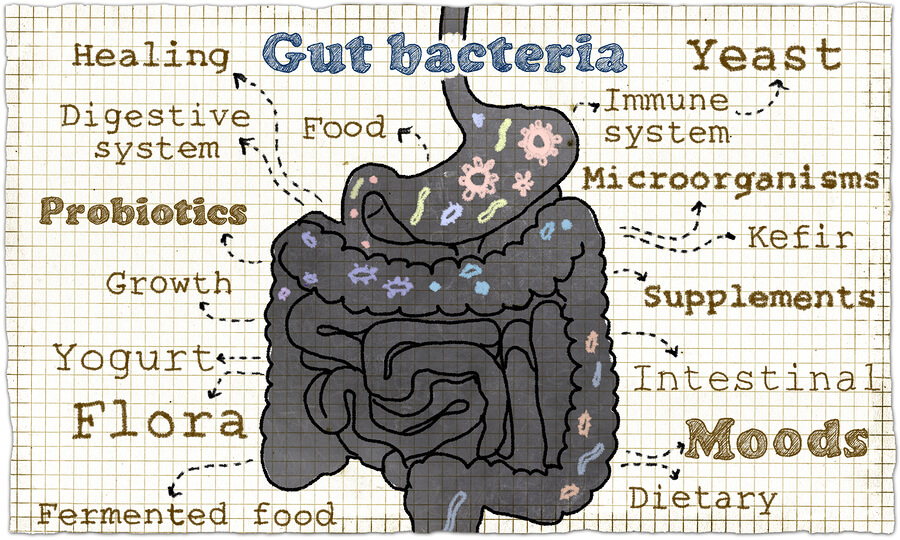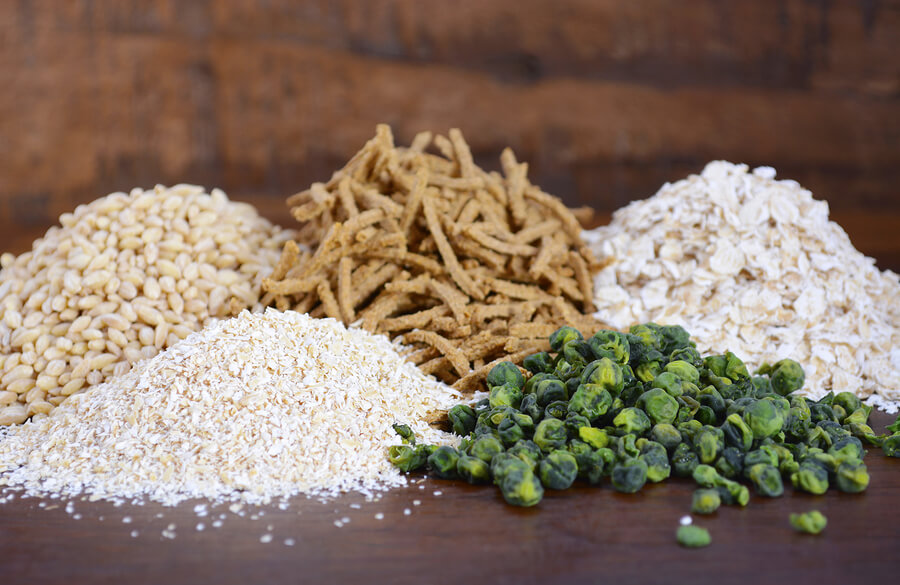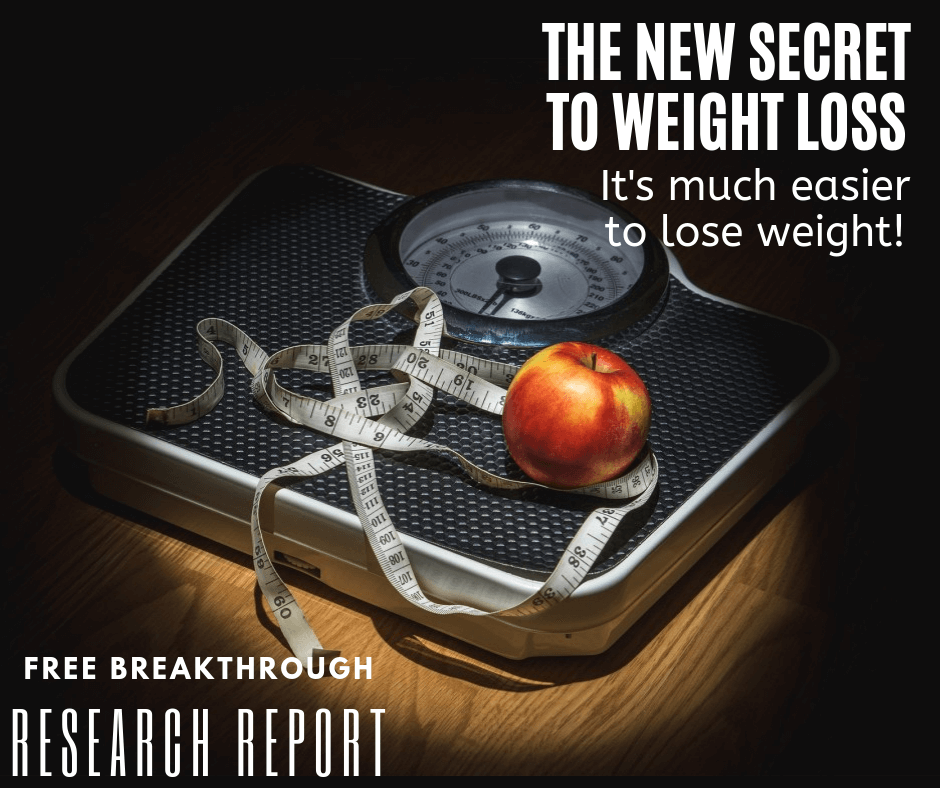There is a rapidly changing paradigm in scientific circles. The most essential key to good health may very well be your gut microbiome which includes all the microbes living in your gut.
In general, the microbiome is a collection of 100 trillion microbial cells that each of us carries on and in our body.
Microbial cells outnumber human cells by a factor of 10. Moreover, the majority of the microbes live in our gut.
Collectively, the gut microbes are commonly called gut flora. But in the scientific community, they are often referred to as your gut microbiome.
Balancing out the good microbes over the bad one through your diet is more effective at restoring good health.
More effective than just about any health supplement or medication you can take.
The good microbes are beneficial ones. The bad microbes are the ones that can do you harm.
A paradigm change
In fact, scientists understand now that it's not just important to have specific good bacteria present in your gut. A wider diversity of good bacteria is a key factor!
Scientists also understand that regulating your gut flora may be the best way to treat common metabolic diseases.
Diseases like obesity, diabetes, heart disease, high blood pressure, high cholesterol, and fatty liver.

This type of revolutionary thinking is not just an assumption.
The old assumption was that eating less fat will make you less fat, which of course turned out to be mostly wrong!
Linking the microorganisms in your gut to the type of health you have, to how much you weigh, to how easy it is to lose weight, and how easy it is to cure disease naturally is backed up by really good science… and more data to support this is pouring in all the time!
This is why you may have heard that your gut bacteria is important to your immune function.
You may have also heard that your microbiome is part of your immune system.
Essentially, this turns out to be true. The healthier your gut microbe populations are, the easier you can ward off disease.
A profound statement
In 2014, a group of Belgium scientists published a review paper in the peer-reviewed and well-respected journal, Advances in Nutrition.
The title of this paper was “Modulation of the Gut Microbiota by Nutrients with Prebiotic and Probiotic Properties“.
In this paper, they made a profound statement that many other scientists have echoed and expounded upon.
It was a statement that all health conscious individuals would be wise to pay attention to and learn more about.
They said:
“The microbiome is now considered as a new therapeutic target against obesity and its linked diseases.”
Since this statement may sound like “geek speak,” let's break it down a bit.
As described above, the “microbiome” is the collection of bacteria which live in your gut.
You can think of them as a complex ecosystem. This ecosystem is as intricate and complicated in nature as a tropical rain forest or a sub-tidal kelp forest.
These scientists are using the term “therapeutic” to mean like a medicine or a natural cure.
They are saying that targeting your microbiome, i.e. modifying it through diet, can be “therapeutic”.
It means that it can cure or treat or heal “obesity and its linked diseases.”
This explains why the microbiome has become a hot topic in research but also in the press.
In March 2018, the British daily newspaper The Guardian published a great article on the microbiome.
The title was: “The human microbiome: why our microbes could be key to our health“.
What are some of the diseases “linked” to obesity?
Here are the more common examples: type 2 diabetes, cardiovascular diseases, fatty liver disease, leaky gut syndrome, and chronic inflammation.
We can also add to this list, diseases like depression, lethargy, insomnia, early onset Alzheimer, and even many forms of cancer.
Cardiovascular diseases include heart attacks, clogged arteries, high blood pressure, high cholesterol, and triglycerides.
Often people who have “obesity-linked diseases” tend to have several of these diseases.
Molecular tools lead the way to better research on the microbiome
Many people have been asking questions like, “Why didn't scientists realize all this before?”
Scientists have had many clues for a long time that gut flora is immensely important to health.
But, it's been really difficult until recently to identify with any precision the actual bacterial species present in a person's gut.
It wasn't also possible to have a good idea of relative numbers of different types of bacteria.
The ability to rapidly sequence the DNA of different species of bacteria was of paramount importance. It became possible to identify many of them down to the species level.
Before that, one species looked like another for the most part under the microscope.
With this progress, scientists can now fairly accurately compare the microbiome between individuals.
These DNA tools allow scientists for the first time to actually see and study patterns and trends.
First, they see how different people's microbiomes are dramatically different.
Second, they can determine what these observed differences correlate to.
What they have found is absolutely amazing and will change how we treat disease forever!
They can get a really quick answer back on what they have termed “bacterial richness”.
Bacterial richness assesses bacterial diversity in someone's gut.
Scientists are also able to identify many individual bacterial species that they could not identify before.
Furthermore, they can more accurately identify the relative numbers of closely related bacterial species.
Patterns and trends in microbiome comparisons
Okay, let's look at some of the more exciting findings that scientists have made with their new DNA tools:
- Obese individuals tend to have a different and less diverse microbiome than individuals with normal weight
- Type 2 diabetics have a different and less diverse microbiome than non-diabetics
- Most people who suffer from cardiovascular disease (all types) have a remarkably different and less diverse microbiome than do people who seem almost “immune” from these types of disease.
- People that have non-alcoholic fatty liver disease (NAFLD) have a distinctly different microbiome and less diverse than people who do not have NAFLD.
- Obese individuals seem to have far fewer Bifidobacterium bacteria in their gut than do people of normal weight. Further, they seem to have a far fewer variety of Bifidobacterium bacteria in their gut than do people of normal weight.
- Bifidobacterium bacteria tend to run on the very low side in diabetics versus non-diabetics. They are also far less diverse, i.e. fewer Bifidobacterium species present in their microbiomes.
- Individuals who are prone to low grade “chronic” inflammation tend to have far fewer Bifidobacterium bacteria and far fewer Bifidobacterium species in their gut.
As you can see, the patterns that scientists are detecting with their new molecular tools is causing the dramatic shift in paradigm about these diseases.
It has become clear that the composition of gut bacteria, both the specific bacterial species present and the diversity of species present, can make a huge difference to one's health.
Further, scientists are beginning to find that changing the gut flora can dramatically improve diseases like type 2 diabetes, cardiovascular disease, and inflammation in a relatively short amount of time!
The best way to change your gut microbiome for the better
Many people turn to probiotics as their main dietary method to improve their gut biota. They take probiotic supplements or they eat foods high in helpful probiotics.
It's true that probiotic foods can help inoculate your stomach with friendly symbiotic bacteria.
Foods like yogurt, kefir, miso, raw milk, kimchi, and other lacto-fermented vegetables are full of symbiotic gut bacteria.
Prebiotics

But, the real key to a healthy microbiome is prebiotics.
Prebiotics are foods that feed the friendly bacteria in your gut exactly what they need to thrive, survive, and out-compete the bad bacteria.
While we could give you a long list of prebiotics, we're going to cut to the chase.
The best prebiotic for quickly changing your microbiome is INULIN.
Inulin is essentially long chains of fructose molecules. They act like fiber in the body. These molecules cannot be broken down by the enzymes in your mouth, stomach or small intestine.
They enter your colon (large intestine) undigested where the gut bacteria break them down.
This changes your gut “environment” to conditions which strongly favors the good bacteria over the bad bacteria!
Inulin essentially comes in two forms: short chain and long chain.
Short chain inulin is usually referred to as fructooligosaccharides, abbreviated FOS.
Long chain inulin is usually referred to as plain “inulin.”
Yacon
The best source of fructooligosaccharides is the yacon tuber. It grows in South America.
It is hard to get fresh yacon tubers outside of South America. But you can grow them in your garden in almost all growing zones.
Even people in Alaska and Sweden have been successful at growing yacon tubers. You can also eat the greens. They are delicious and therapeutic too.
However, the easiest way to consume the rich fructooligosaccharides found in the yacon tuber is to buy pure yacon syrup.
If you do so, make sure you are buying yacon syrup that has not been processed using too high a temperature.
Yacon syrup is quite sweet and has a “brown sugar” type taste so people tend to love the flavor.
Chicory root powder
The best source of long-chain inulin is chicory root powder. You can buy pure inulin powder and add it to your hot drinks, smoothies, and other foods like sauces and fruit salads.
Chicory powder is far less sweet than yacon syrup but it does have a pleasant and mild sweet taste.
For the full prebiotic effect, you'll need to consume both fructooligosaccharides and inulin.
The reason is that short-chain fructooligosaccharides will get fully broken down by your gut bacteria before it moves to the end of your long colon.
Thus, you need to consume long-chain inulin to reach the bacteria from about the middle of your colon to the end of your colon.
With all forms of inulin, start off slow for about the first week until your gut bacteria have fully adjusted. It can give you gas, and therefore upset stomach.
You may also want to start out on your days off work and when you can stay at home if needed.
Conclusion
Properly feeding your microbiome may be the most important change you make in your diet ever.
Many people find it much easier to lose weight when they have a balanced microbiome. Learn More Here!
They also find chronic illnesses improve dramatically or even completely disappear!
Good luck to you and go have a FOS/inulin chai tea!








